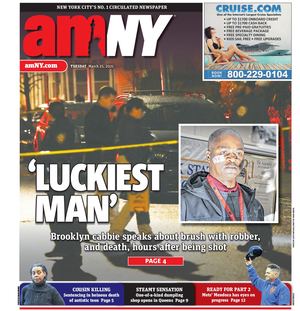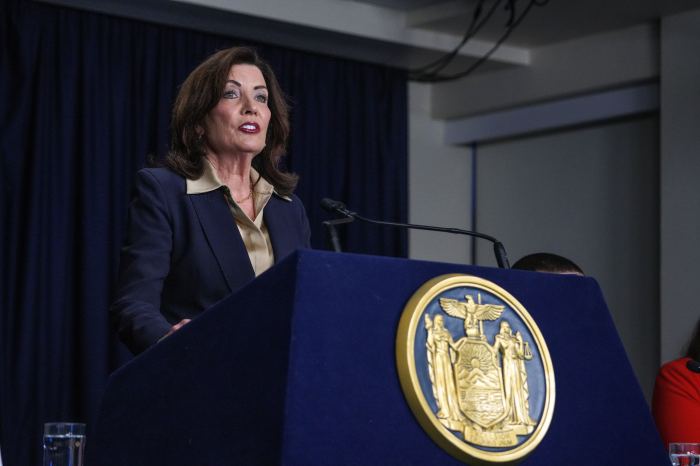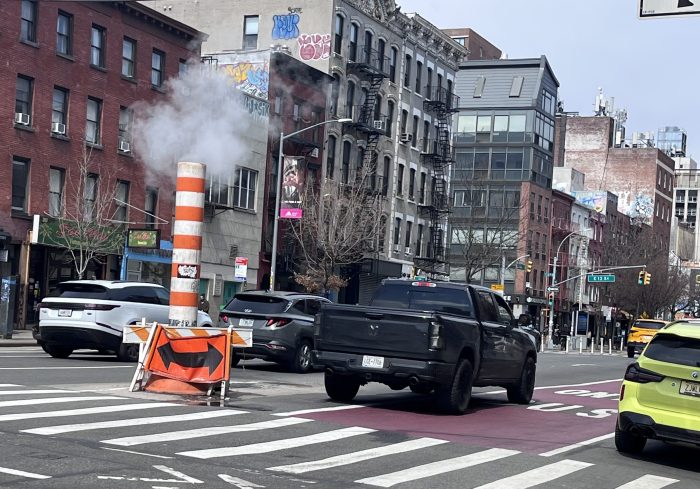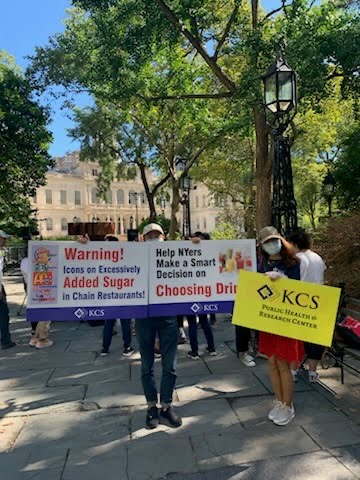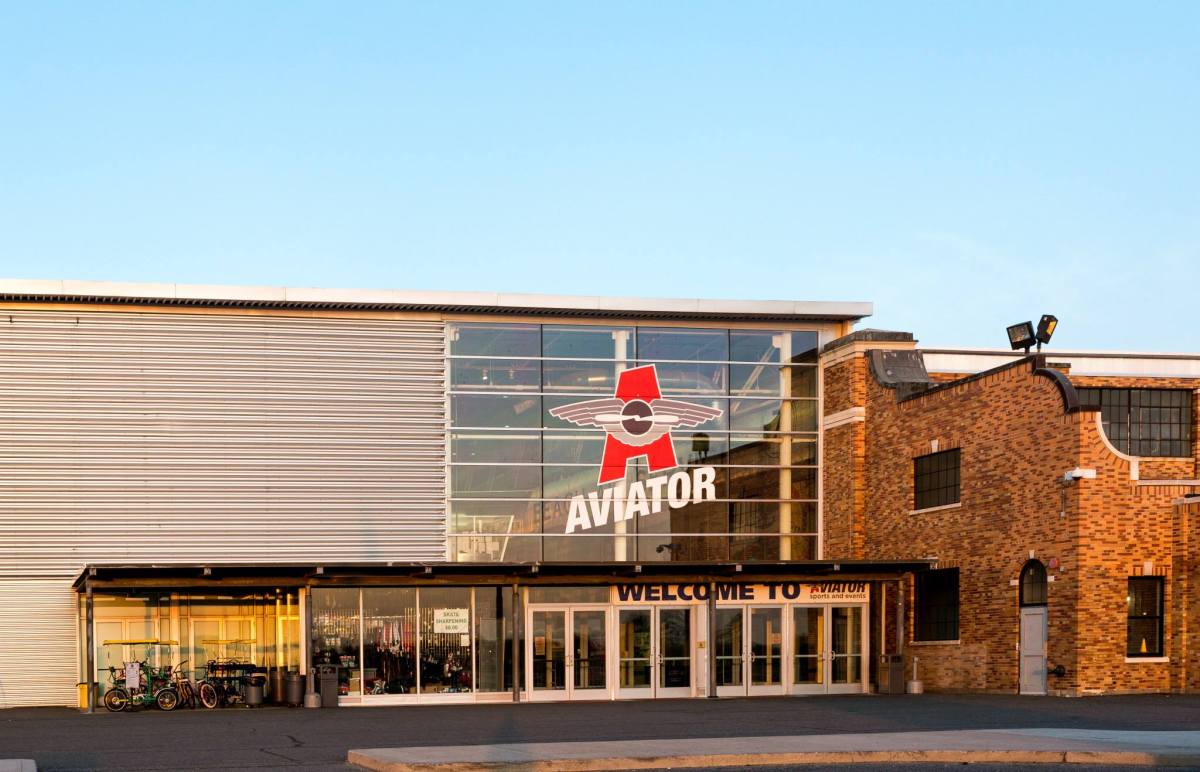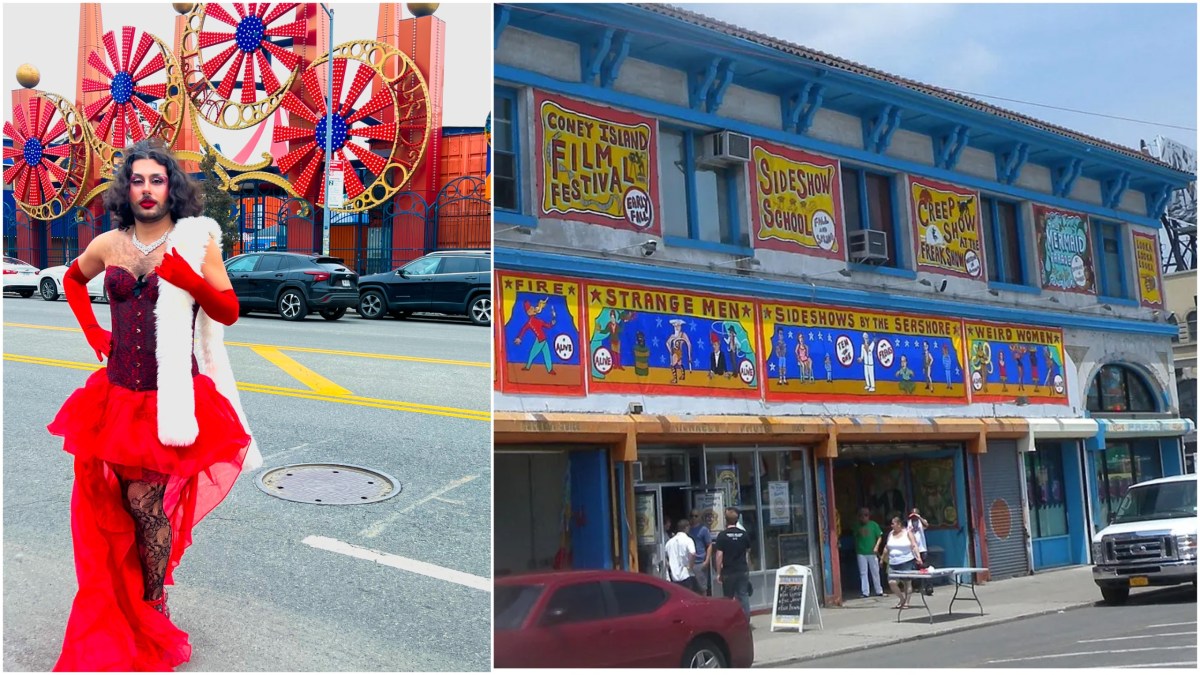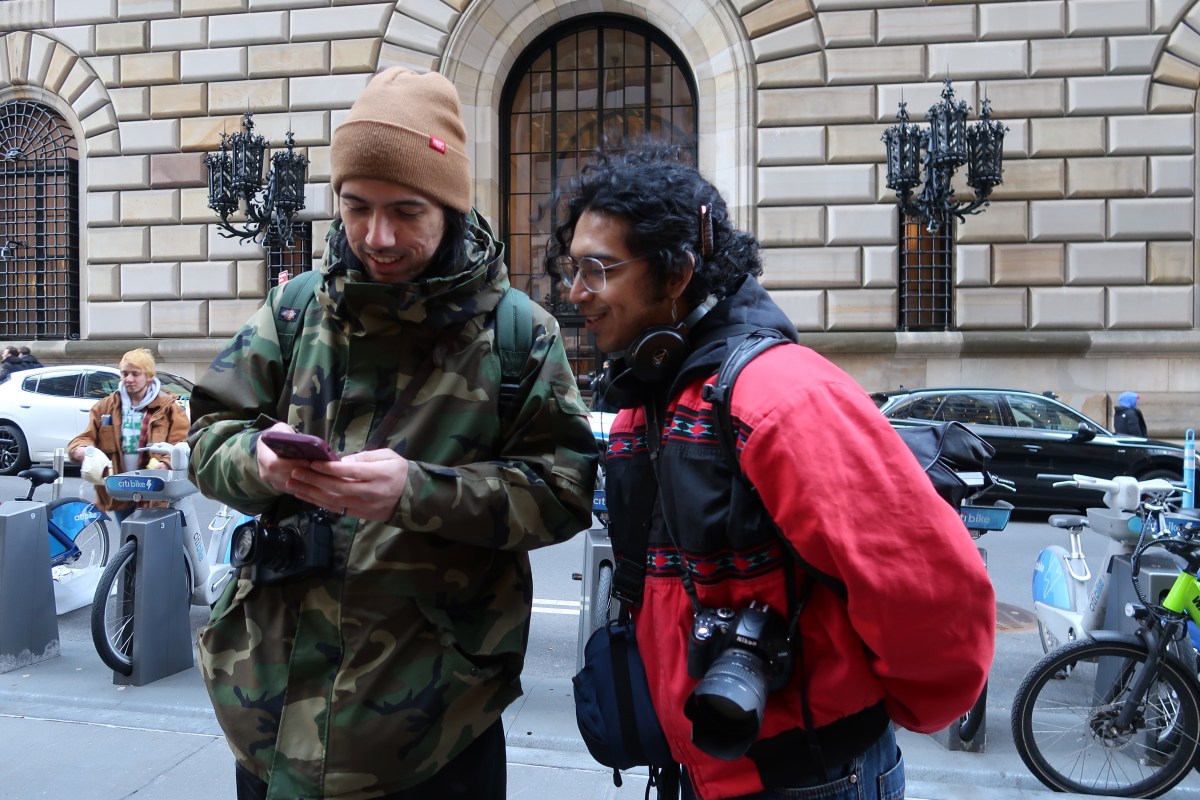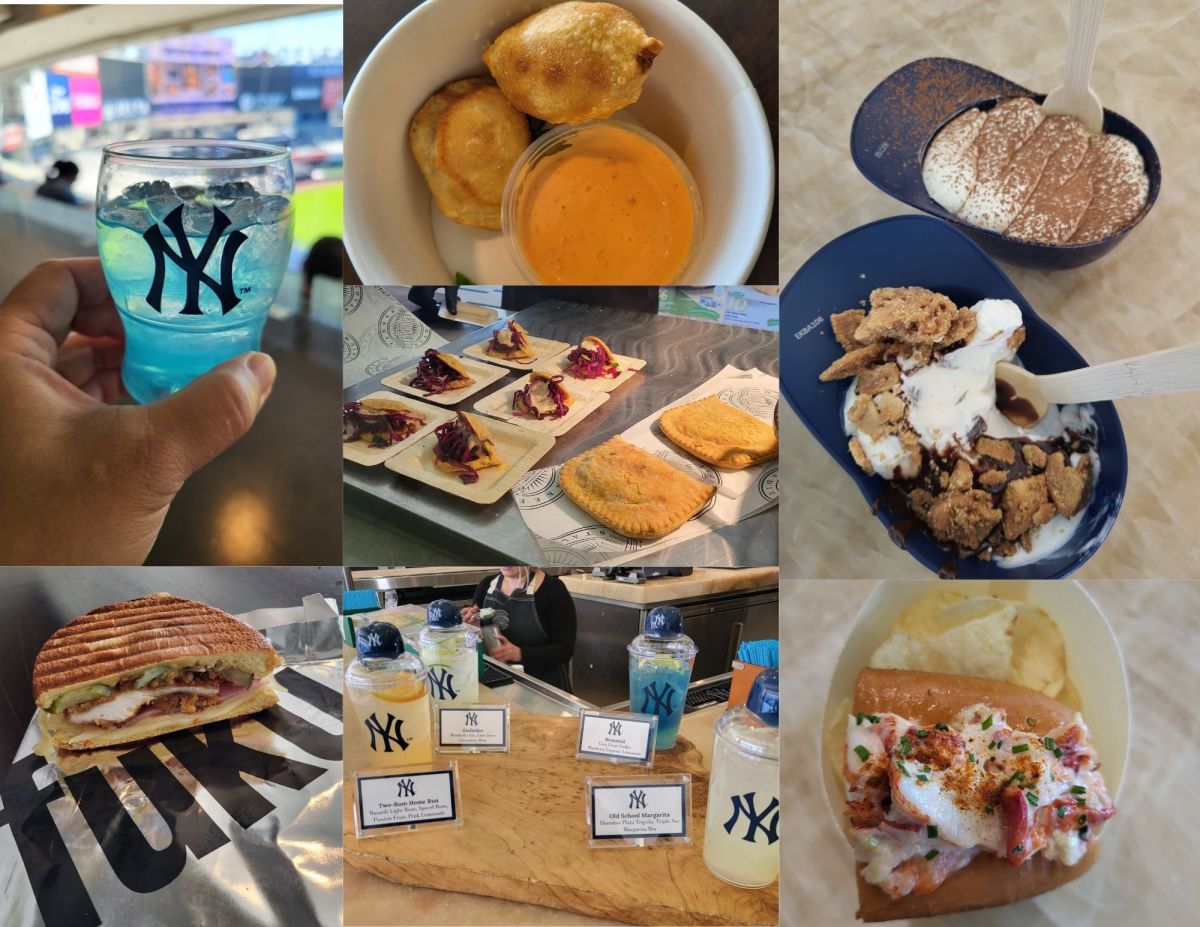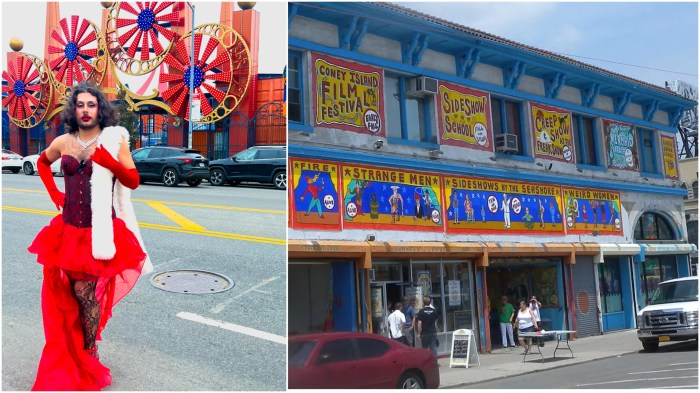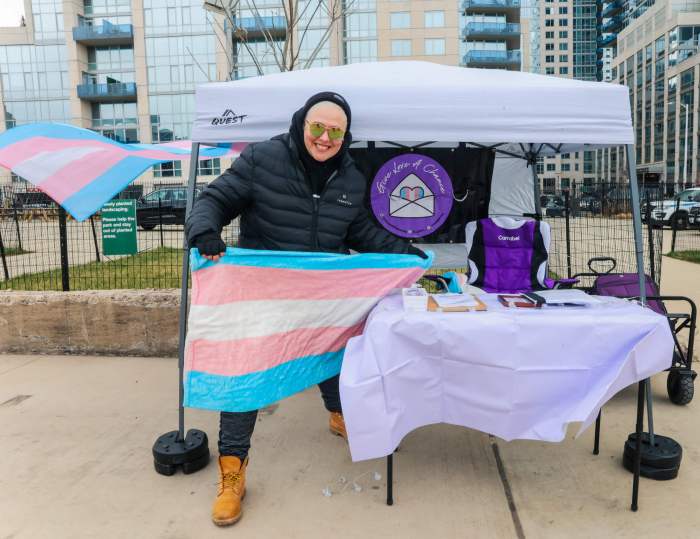The city’s retail training revamp never closed out at the cash register.
Four-and-a-half years after announcing plans to team up with industry leaders and finesse workforce development programs in six sectors, Mayor Bill de Blasio’s administration said it never established a retail industry partnership.
“The City had initial conversations with leaders in the retail industry, and we’re still committed to improving conditions within this industry by implementing policies such as paid personal time off, paid sick leave and a fair work week," de Blasio spokesman Raul Contreras said in a statement. "As we reassess the future of a Retail Industry Partnership, we’re ramping up programs that will better prepare New Yorkers for 21st century jobs in healthcare, tech and industrial manufacturing, among other industries.”
The mayor’s team in its April annual OneNYC report, which details progress on various policy platforms, noted it "reconsidered" the idea of a retail partnership, but by the end of 2016, the city had already hired directors and formed advisory boards for partnerships in the other sectors.
They included health care, tech, manufacturing and industrial innovation, hospitality and construction, according to Contreras. The construction industry partnership has not had a director since April 2018, he said.
Prioritizing plans for the construction and retail partnerships would be prudent, according to Jonathan Bowles, executive director of the Center for an Urban Future, a think tank focused on improving economic mobility in the city. Bowles said the relatively few barriers to entry in retail made it a gateway for New Yorkers with less education, and therefore, it made sense to focus on "upskilling" entry-level workers so they are positioned to take on better-paying jobs, such as sales manager roles.
"It’s great that they’ve made strides on the health care and tech talent pipeline, and that they’ve created these other industry partnerships, but I guess, it’s not clear to me how active some of these other ones are, and with retail not yet up and running … it feels like a missed opportunity," Bowles said. "This is an industry with well over 100,000 jobs in New York City. This industry partnership could have been a real chance to help New Yorkers that have entry-level jobs springboard into higher-paying jobs in retail."
While the city added 34,000 positions across the private sector in the last quarter of 2018, marking the most growth since the last quarter of 2014, according to Comptroller Scott Stringer’s most recent economic analysis, health care and social assistance posted the largest gains.
The retail and construction industries represented a small percentage of new positions. The construction industry grew by 2,300 jobs, after losing 1,000 positions in the second and third quarter of 2018; retail expanded by 300 posts, after shedding 200 in the third quarter, the report found.
Although the number of traditional retail jobs soared in the city after the Great Recession, hiring has leveled off since 2013-14, according to Adam Kamins, director of economic research at Moody’s Analytics. E-commerce continues to supplant physical stores and automation, to a lesser degree, is allowing retailers to do more with a slimmer staff, he said.
Kamins said solely focusing on retail training may not make the most sense, given the relatively few well-paying jobs in the field, whereas industries like construction are more lucrative.
"The important thing would be to create work, to nurture workers that have skills that maybe would benefit retail most immediately, but that can be transferable beyond retail. If that’s the case, I think there is some value in a program like that," Kamins said. "If it were just kind of targeting retail stores and trying to say: We want to create X number of traditional brick-and-mortar jobs in a certain year … That seems like a very low return on investment."
Stringer’s office declined to comment on the fate of the retail industry partnership.
The Retail, Wholesale and Department Store Union did not directly respond when asked if it would like to see the stalled initiative advance.
“We have been working with the Mayor’s Administration since day one to enact policies that raise standards for retail workers through many mechanisms. PlaNYC’s Retail Industry Partnership was one early idea by the administration to strengthen retail workforce development that has since morphed into a litany of projects, bills and laws that are helping New York’s retail workers. We continue to work with the administration to develop new ideas and initiatives that help retail workers,” RWDSU president Stuart Appelbaum said in a statement.
Correction: A prior version of this article did not contain the correct name of the Retail, Wholesale and Department Store Union.
